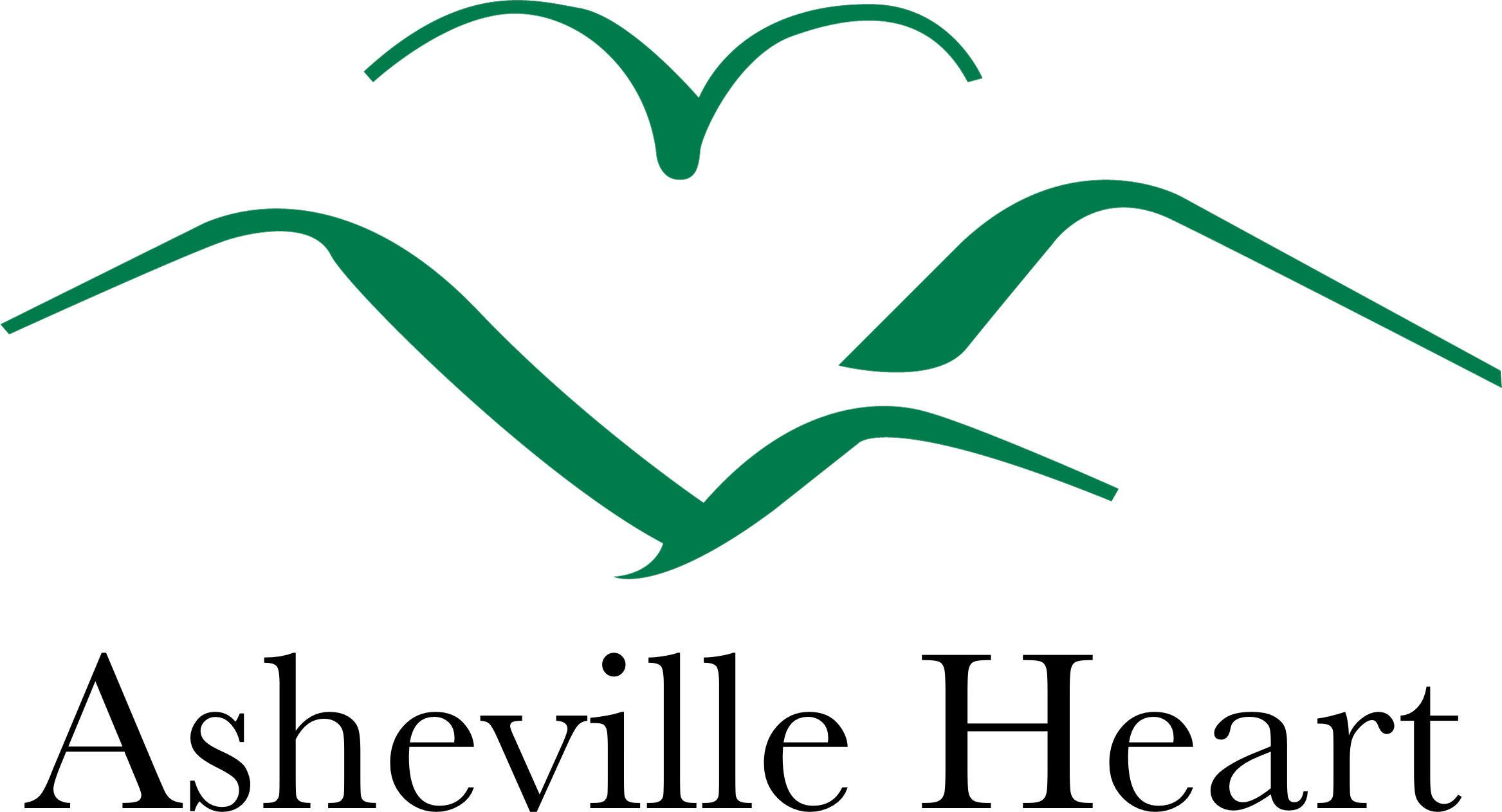Where will my family members be while I’m in the Operating Room?
The waiting rooms for families are on the first floor of the Owen Heart Center. After your surgery, the surgeon will meet with your family in a dedicated conference room on level 2 in the Heart Tower. Subsequently your family will be escorted to the Cardiovascular Recovery Unit to visit you.
What kind of facilities do the surgeons have available to them?
Asheville Heart is an independent medical practice taking pride in coordinating all of your prehospital, in hospital and post discharge care.
Our office location has a first-class staff that handles all the administration and patient service inquiries. This is also the location of most initial consultations and post-discharge follow up visits.
Meanwhile, all surgical activities take place in the nearby purpose-built state-of-the-art Owens Heart Center at Mission Hospital. Please see the Patient Experience section of our website for complete details on what you can expect at this amazing facility.
Why would I come to Asheville for my surgery instead of going to another major center like Emory or Duke?
Even if you receive a referral from a cardiologist or other physician, it’s always worth checking out your options, particularly in something as important as major heart surgery.
There are many things to consider, but usually the most important is surgical outcomes. The best and most objective measure of this is provided by the Society of Thoracic Surgeons (The governing body of all cardiovascular and thoracic care in the US) which uses their very extensive database and ranking algorithm to award surgical practices one, two or three stars based on their outcomes weighted against a number of mitigating factors. These are real outcomes, not a popularity contest as some ranking systems are. Asheville Heart is one of few practices that has earned the highest 3-star ranking every year since the ranking system was introduced. There are only 18 of 959 open heart programs that rank as high as Asheville Heart. That places us in the top 2% of surgical practices worldwide in terms of outcomes!
Our patients also have the opportunity to receive the latest technologies and techniques. Asheville Heart has a long record of being an early adopter and developing techniques and technology that can improve the outcomes of patients undergoing open heart surgery. We are a Vanguard member of the elite Cardiothoracic Surgical Network (CTSnet). CTSnet is a group of leading programs working on new treatment options through NIH funded research initiatives.
Absolutely! Asheville has long been regarded as a center of healing, mainly due to its location in the beautiful southern Appalachian mountains, where visitors can enjoy moderate year-round temperatures and crisp mountain air.
Our patient satisfaction scores are in the top 10% in the country and our nursing and ancillary staff are always being complimented by our patients and their families.
Also, most patients have family members supporting them through their surgical experience. Nearby attractions such as the world-famous Biltmore House (the gatehouse is less than two miles from our office location), Grove Park Inn Resort & Spa, and the superbly-eclectic downtown area of Asheville are all great diversions for your family while you are in the capable hands of the Asheville Heart team.
Are there any non-clinical reasons why I should come to Asheville for my heart surgery?
A cardiologist is a medical, rather than a surgical doctor. Cardiologists are trained first in the area of internal medicine which requires 3 years of specialty training beyond medical school. Once this has been completed, these “internists” are qualified to apply for opportunities to obtain additional training in the subspecialty of cardiology. Cardiologists are typically board certified in both internal medicine and their chosen field of cardiology. There are even subspecialties within cardiology including electrophysiology and interventional cardiology, which involves performing types of procedures that fish thin tubes up the arteries until they reach the heart, and then using these to help open up blockages in the arteries that supply oxygen to the heart muscle.
A cardiothoracic surgeon is a surgical doctor. CT surgeons are first trained for at least 5 years in a general surgery training program, after which they can become board certified in the field of general surgery. Following this, these surgeons become eligible to apply for and obtain additional training in the subspecialty of cardiothoracic surgery, which typically requires an additional 3 years of training. Most of our surgeons have spent additional time in cardiovascular research giving them additional exposure to critical scientific examination skills. CT surgeons are usually board certified in both general surgery and cardiothoracic surgery.
Cardiothoracic surgeons perform operations on the heart muscle, the heart valves, the arteries to the heart, the great vessels of the chest, the lungs, with their spongy tissue, air passages and blood vessels, as well as on the chest wall muscles, nerves, blood vessels and bones. Many cardiothoracic surgeons also take care of problems of the esophagus (which lies in the chest) and hernias of the abdomen in which organs slide into the chest. Additionally, some cardiothoracic surgeons sub-specialize in surgeries for very young children with heart defects, or in heart and lung transplantation.
Although there are areas of overlap between these two fields, the primary difference is between a specialty which is centrally MEDICAL and another which is centrally SURGICAL. They are entirely complimentary and neither of these specialties can function without the presence of the other.
